Introduction to Vitamin K2 and D3
Vitamins are essential micronutrients required by the body for various physiological functions and overall health. These organic compounds support critical biological roles, including enzymatic reactions, hormone regulation, and maintenance of tissue integrity. Within this vast category, vitamins K2 and D3 have recently garnered substantial attention in the health and wellness community due to their unique properties and synergistic health benefits.
Vitamin K2, a fat-soluble vitamin, is a lesser-known subclass of Vitamin K, which primarily exists in the forms of K1 (phylloquinone) and K2 (menaquinone). Vitamin K2’s primary function is to activate proteins that regulate where calcium ends up in the body. This control is vital for maintaining bone density and preventing arterial calcification, thereby playing a crucial role in cardiovascular health.
On the other hand, Vitamin D3 (cholecalciferol) is an essential fat-soluble vitamin produced endogenously when ultraviolet rays from sunlight strike the skin and trigger vitamin D synthesis. Vitamin D3 is crucial for calcium absorption in the intestines, immune system support, and modulation of cell growth. Given its wide-ranging influence, a deficiency in Vitamin D3 can contribute to a variety of health issues, including osteoporosis and compromised immune defenses.
Recent studies have highlighted the combined efficacy of Vitamins K2 and D3. These vitamins function together to optimize calcium metabolism, thus promoting better bone and heart health. Vitamin D3 enhances the absorption of calcium from dietary sources, while Vitamin K2 directs the calcium to bones and teeth, preventing it from depositing in the arteries. This partnership is integral in reducing risks associated with bone and cardiovascular diseases.
The increasing interest in both Vitamin K2 and D3 stems from growing evidence supporting their interplay in improving overall health outcomes. As awareness of their benefits spreads, these vitamins are increasingly integrated into nutritional supplements and dietary recommendations, emphasizing their importance in achieving a well-rounded approach to health and wellness.
Health Benefits of Vitamin K2 and D3
Vitamin K2 and D3 play crucial roles in maintaining our overall health, particularly impacting bone health, cardiovascular function, and immune response. Both vitamins have unique benefits but also exhibit significant synergy in several physiological activities, thereby enhancing their individual effects.
Starting with Vitamin K2, its primary benefit lies in bone health. Vitamin K2 activates osteocalcin, a protein that helps bind calcium to the bone matrix, thus fortifying bone density and strength. This process is essential for reducing the risk of fractures and osteoporosis, especially in the aging population. Additionally, Vitamin K2 contributes to arterial health by inhibiting calcium deposition in arteries, which mitigates the risk of arteriosclerosis—a leading cause of heart disease. Furthermore, its role in blood clotting is well-documented; Vitamin K2 activates proteins that regulate clotting, ensuring that wounds heal efficiently while preventing excessive bleeding.
Vitamin D3, on the other hand, is primarily known for its role in enhancing immune function. It supports the immune system by modulating the action of white blood cells and reducing the risk of infections, particularly in vulnerable populations such as the elderly. Vitamin D3 also fosters calcium absorption in the gut, which is vital for the maintenance of healthy bones and teeth. Moreover, some studies suggest that Vitamin D3 offers protective effects against certain diseases, such as multiple sclerosis and certain types of cancer, though more research is needed to confirm these benefits definitively.
The synergy between Vitamin K2 and D3 becomes particularly evident in processes like bone metabolism and cardiovascular health. For optimized calcium utilization, D3 enhances the absorption of calcium in the intestines, while K2 activates proteins that direct this calcium to the bones and away from the arteries. This cooperative function not only maximizes bone density but also prevents harmful calcium deposits in blood vessels, thereby contributing to a healthier cardiovascular system.
Numerous studies and expert reviews support these findings. For instance, a research article published in the Journal of Bone and Mineral Research highlights that individuals who take both vitamins exhibit better bone mineral density and vascular flexibility compared to those who do not supplement either vitamin.
In summary, the combined supplementation of Vitamin K2 and D3 offers multi-faceted benefits that span across critical health domains. Their synergistic effects amplify their individual contributions, making them integral components of a well-rounded dietary regimen aimed at promoting long-term health.
Natural Sources and Dietary Supplements
Vitamins K2 and D3 are essential nutrients that play crucial roles in maintaining overall health, each sourced from distinct foods. Vitamin K2 is primarily found in fermented foods, such as natto, a traditional Japanese dish made from fermented soybeans. Dairy products, especially cheese, along with meats like chicken and beef liver, also contain significant amounts of Vitamin K2. These sources are particularly important given Vitamin K2’s role in bone metabolism and cardiovascular health.
On the other hand, Vitamin D3 can be sourced from fatty fish such as salmon, mackerel, and sardines. Liver and egg yolks also provide meaningful quantities of this vitamin. In addition to these foods, many people obtain Vitamin D3 through fortified foods including milk, orange juice, and cereals. Importantly, exposure to sunlight facilitates the body’s natural production of Vitamin D3. Ultraviolet B (UVB) rays from the sun stimulate the conversion of a cholesterol derivative in the skin into Vitamin D3, making it accessible through a non-dietary method.
Despite the availability of these vitamins through food and sunlight, some individuals encounter difficulties in obtaining sufficient levels. Factors such as dietary restrictions, geographic location, age, and skin pigmentation play significant roles. For instance, individuals living in northern latitudes may experience inadequate sunlight exposure, particularly in winter months. Additionally, as people age, their skin’s ability to synthesize Vitamin D3 diminishes. Dietary limitations, whether due to personal choice or medical conditions, can further reduce access to natural sources of Vitamin K2 and D3.
Given these challenges, many people turn to dietary supplements to ensure they meet their nutritional needs. Vitamin K2 supplements are often available in the forms of MK-4 and MK-7, with typical dosages ranging from 50 to 100 micrograms. Vitamin D3 supplements are widely available in various forms, including tablets, capsules, and liquids, typically dosed from 1,000 to 5,000 international units (IU). These supplements can bridge the gap when dietary intake or sun exposure falls short, helping to maintain optimal health.
Recommended Intake and Safety Considerations
The recommended daily intake of vitamins K2 and D3 varies based on age, gender, and specific health conditions. For vitamin D3, the general guideline from the National Institutes of Health (NIH) suggests a daily intake of 600-800 IU for adults, with higher doses recommended for older adults to maintain optimal bone health. For children, the recommended daily intake ranges from 400-600 IU, based on age.
Vitamin K2 does not have a standardized recommended daily intake, but general dietary guidelines suggest 90-120 micrograms per day for adults, depending on gender and individual health status. Both vitamins play crucial roles in supporting bone and cardiovascular health, among other physiological processes.
Deficiencies in either vitamin can lead to significant health issues. Insufficient vitamin D3 can result in bone problems like rickets in children and osteomalacia or osteoporosis in adults. Symptoms of vitamin K2 deficiency may include excessive bleeding and poor bone health due to impaired calcium regulation. Conversely, excessive intake of these vitamins can also pose risks. High doses of vitamin D3 can cause hypercalcemia, leading to nausea, weakness, and kidney complications. Excessive intake of vitamin K2, although rare, may interfere with anticoagulant medications, posing a risk for those on blood-thinning therapies.
Individuals should be particularly cautious about the interactions these vitamins may have with certain medications and health conditions. Medications like anticoagulants, which are sensitive to vitamin K levels, require careful management of vitamin K2 intake to avoid complications. Similarly, too much vitamin D3 can interfere with medications treating high blood pressure and some heart conditions.
To safely incorporate these vitamins into a daily regimen, individuals should consider obtaining nutrients from natural food sources, such as dairy products, fish, green leafy vegetables, and fermented foods, or consult healthcare professionals before starting any new supplements. Official health organizations, including the NIH and the World Health Organization (WHO), provide comprehensive guidelines to help manage intake levels effectively.
“`



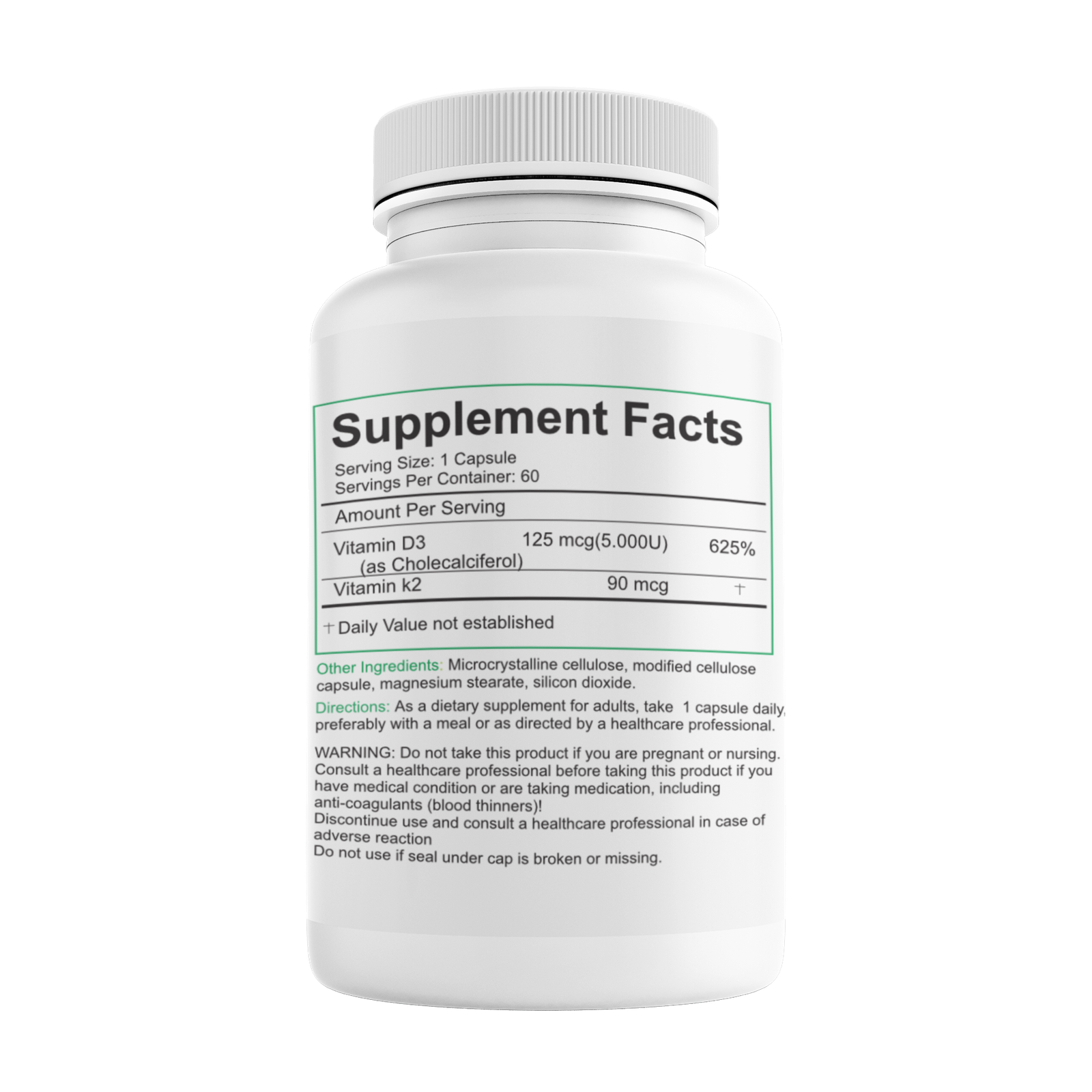

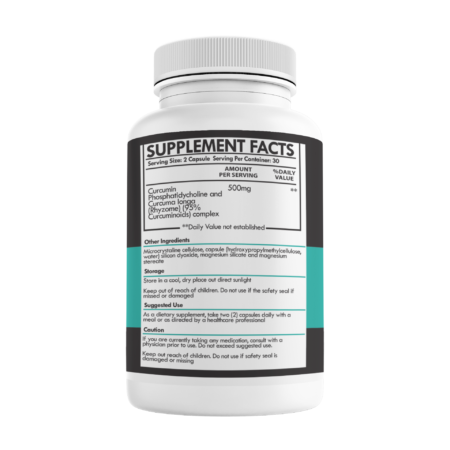

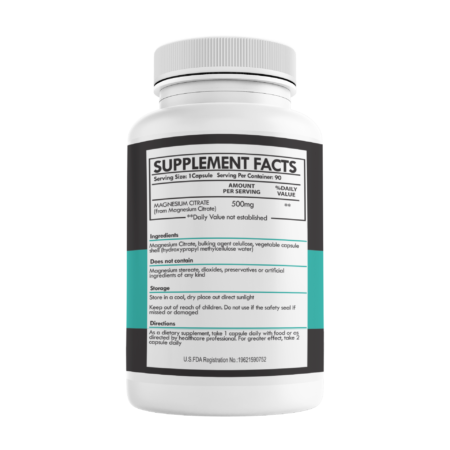


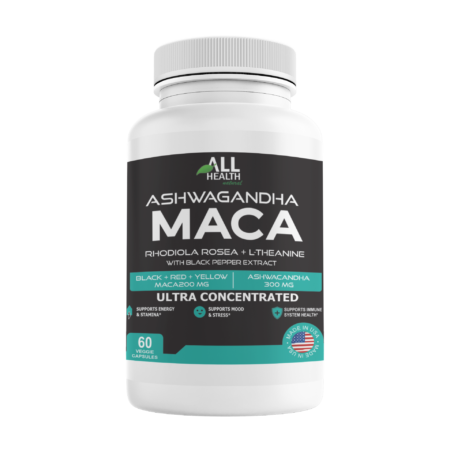
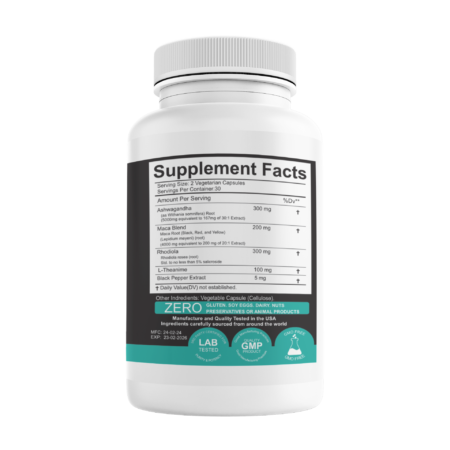
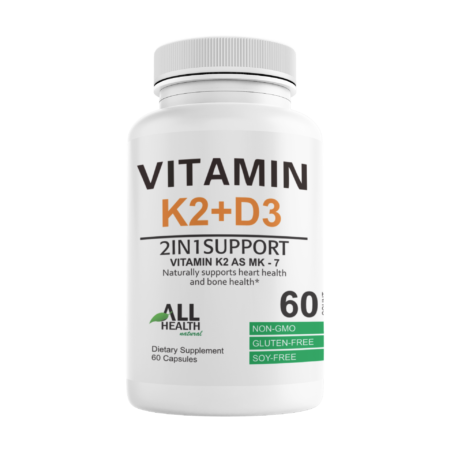
admin –
Cardigan bicycle rights green juice bitters snackwave twee copper mug polaroid edison